“Retirement” is that phase of life we all look forward to, yet few of us truly prepare for it the way it should be done. It’s not just about stashing away cash and hoping for the best. A well-thought-out retirement plan ensures that your golden years are stress-free, financially secure, and filled with the experiences you’ve always dreamed of. But how do you know if you’re on the right track?
That’s where a six-step retirement plan check-up comes in.
No fluff, no jargon—just a simple, practical guide tailored to Kiwis looking to ensure they can hang their boots without financial worries. Let’s crank it up!
Step 1: Assess Your Current Financial Position
The first step in a retirement check-up is understanding where you stand today. Grab a cuppa and take a hard look at your financial situation.
Ask yourself: What’s your net worth? (Assets minus liabilities)
- How much have you saved in your KiwiSaver and other investment accounts?
- Do you have outstanding debts that need to be cleared before retirement?
- What are your monthly expenses, and how will they change post-retirement?
Your financial health today determines how comfortable your retirement will be. If you’re carrying debt, it might be time to consider a debt repayment strategy. The sooner you clear those liabilities, the more you can put towards retirement.
Step 2: Define Your Retirement Goals
Retirement isn’t just about not working; it’s about what you want to do with your newfound freedom. Do you want to travel? Downsize to a coastal town? Spend more time with the grandkids?
Consider these questions:
- What does your ideal retirement lifestyle look like?
- Where do you want to live?
- What hobbies or activities do you want to pursue?
- Will you continue working part-time or on a freelance basis?
Defining these goals will help you figure out how much money you need to make it all happen.
Step 3: Estimate Your Retirement Expenses
Once you have a picture of your ideal retirement, the next step is estimating the costs. Many people make the mistake of assuming their expenses will drop significantly post-retirement. While some costs (like commuting) may decrease, others (like healthcare and leisure activities) often rise.
Key expense categories to consider:
- Housing: Mortgage, rent, or maintenance costs
- Healthcare: Insurance, medications, and unexpected medical bills
- Daily Living: Groceries, utilities, transportation
- Lifestyle: Travel, entertainment, hobbies
- Inflation: The cost of living will rise over time—plan accordingly!
Step 4: Review Your Income Sources
Now, let’s talk money. Retirement income can come from multiple sources:
- KiwiSaver withdrawals (after age 65)
- Government superannuation
- Personal savings and investments
- Rental or passive income
- Part-time work or side hustles
The key is to ensure these sources will cover your estimated expenses. If it does not total up, you may need to adjust your savings strategy.
Step 5: Adjust Your Investment Strategy
Your investment approach should shift as you get closer to retirement. While younger investors can afford to take risks, retirees need stability.
Consider these:
- Diversification: Spread investments across different asset classes to manage risk.
- Conservative investments: Shift from high-risk stocks to more stable bonds and dividend-yielding investments.
- Income generation: Look into investments that provide regular income rather than just capital gains.
- Estate planning: Ensure your assets are structured to benefit your family with minimal tax implications.
Step 6: Plan for the Unexpected
No matter how carefully you plan, life throws curveballs. That’s why it’s crucial to prepare for the unexpected.
- Health Insurance: Private health coverage can save you from hefty medical bills later in life.
- Emergency Fund: Keep a buffer of living expenses of at least 6-12 months.
- Wills & Power of Attorney: Ensure your loved ones are provisioned for in case anything happens to you.
Time for a Retirement Tune-Up?
Retirement planning isn’t a one-and-done deal—it requires regular check-ups and tweaks. Whether you’re years away from retiring or it’s just around the corner, reviewing your plan at least once a year is a smart move.
So, where do you stand? If your check-up has revealed gaps, now’s the time to take action. Small adjustments today can make a massive difference in your financial future.
Retirement is not just about surviving but about thriving. By taking control of your financial future now, you can ensure that your golden years are everything you hoped for and more.
